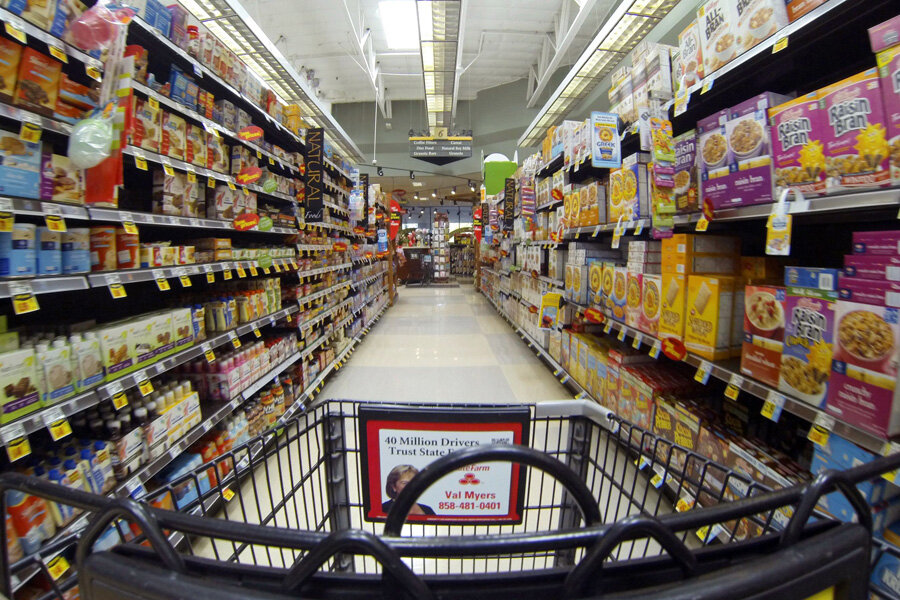Nearly half of Americans know about US's food waste problem, survey says
Loading...
There has been plenty of attention on wasted food in America recently, but very few assessments of how Americans feel about the topic. That changed yesterday with the publishing of the first national consumer survey on wasted food in the United States.
There’s an abundance of findings to be gleaned from the Johns Hopkins report, which surveyed 1,000-people. Let’s start with the good news: Americans have a decent sense that we waste a whole lot of food. A sizable portion (45 percent) of respondents knew that 40 percent of American food is wasted.
Even better, participants are keen to do something about the problem, said study leader Roni Neff, PhD. “Americans are ready to address wasted food. They are relatively aware, concerned, and want to do more,” Neff said. “Forty-three percent said it would be easy to reduce the amount of food their household wastes. So we have a real opportunity to build on that interest.”
It’s worth noting, though, that such survey talk is cheap (and prone to exaggeration). Anyone can say they will make waste-reducing changes. The report did not seek to correlate words and deeds.
While Americans are aware of food waste in general, they don’t think they are particularly wasteful. A hefty 73 percent of respondents felt that they waste less than the average American. I'm no mathematician, but I'm pretty sure that's not statistically possible.
When it comes to motivations for reducing food waste “saving money” and “setting an example for children” were the two leading factors. Much less of a motivator: “greenhouse gases, energy, and water,” which came in dead last, after choices like “managing household efficiently” and “guilt about waste in general.” As Neff noted, we now know that the environmental impact of food waste is a weak spot in public awareness.
The survey also asked what changes supermarkets and restaurants could make to help them minimize waste (Listen up, Food Waste Reduction Alliance). Packaging topped respondents’ minds, with “more resealable packages” and “more variety in product sizes” coming in as the top two responses for retailers. As for helpful restaurant changes, the runaway winners were “offer half portions” (paging Dr. Halfsies) and “routinely offer containers for leftovers.”
One somewhat disturbing finding was that composting can undercut the food waste reduction. Of respondents who compost, 41 percent said wasting food doesn't bother them because they compost. Here’s proof that composting can be a hindrance to reducing wasted food, a widely accepted higher priority. “I expected this to be an issue but did not expect this magnitude of a response,” Neff said. “This finding has real implications for composting programs and how they communicate with participants.”
But let’s close on a positive note: when it comes to food waste, we’re all in this together. Neff’s research found that attitudes and stated behavior around wasted food remained steady across gender, race, generation, income, and educational lines. So in effect, we’re one nation, indivisible, with food waste progress needed for all.







